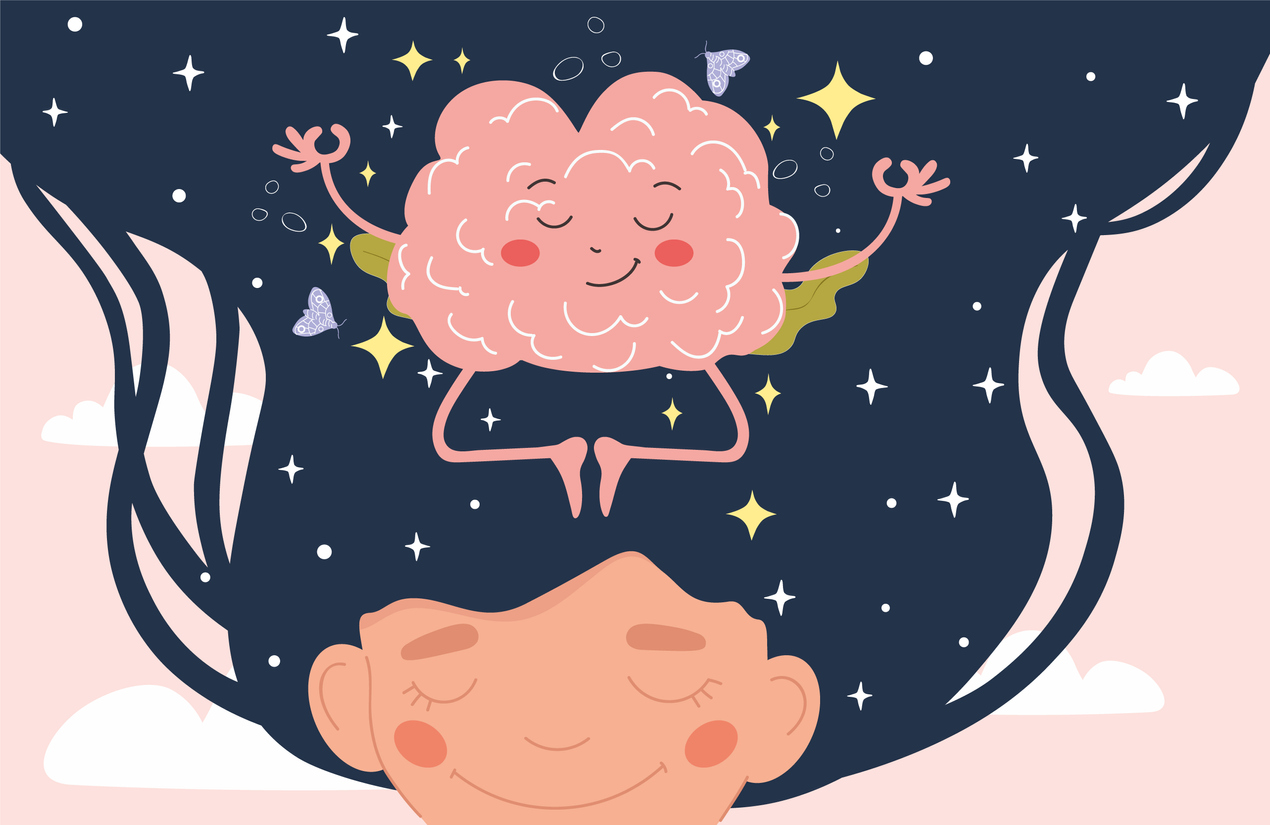Living with Chronic Pain
Anger and Chronic Pain

Living with chronic pain can cause resentment, frustration and anger. These emotions can be directed toward health care professionals, friends, family members, co-workers, or even the individual themselves. Anger is one of the most prominent emotions when dealing with a chronic pain condition. Although anger is a natural emotion, too much anger can interfere with pain management.
Uncontrolled anger can increase pain levels, affect physical functioning, disrupt sleep patterns, interfere with social connections, and lead to a loss of emotional support. Anger has also been linked to increased inflammation and muscle tension. Learning how to effectively deal with anger does not mean giving in to the pain. Emotional awareness is the first step in processing anger.
Honest, open communication with friends, family, and health care professionals about chronic pain-related anger is extremely important due to the impact anger can have on others. Becoming mindful of anger provides the opportunity to reframe thoughts and find alternative ways to respond.


















